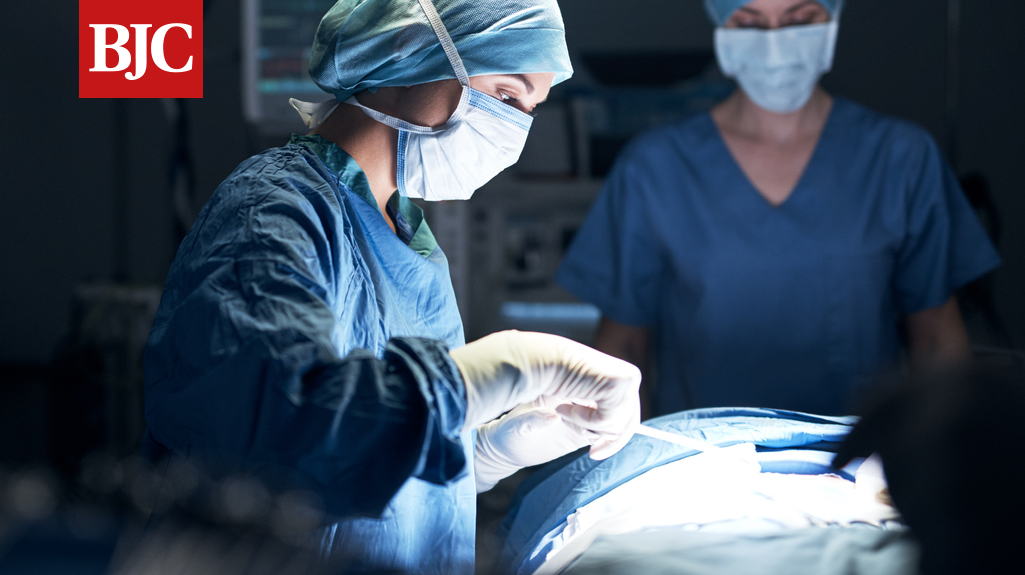In recent years, there has been a switch to direct oral anticoagulants (DOACs) as first-line thrombosis prevention, with fewer people started on a vitamin K antagonist, such as warfarin. This has led to an increase in number of people taking anticoagulants and, therefore, an increased risk of intracranial and intracerebral haemorrhages and gastrointestinal bleeds. Listen to Richard Buka, Clinical Research Fellow Institute of Cardiovascular Sciences at the University of Birmingham, discuss the challenges clinical teams face in the reversal of these drugs. He explores the findings of recent trials of Andexanet alfa and considers how effective these drugs really are and what it means in practice.






